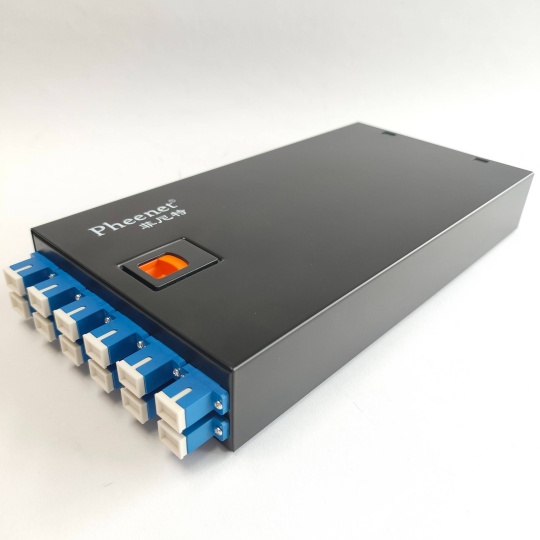What is PVC-Insulated Industrial Cables?
In industrial electrical systems, PVC-insulated industrial cables are widely used transmission components designed to safely carry electrical current between equipment, machinery, and power sources. Unlike residential cables, these cables are engineered to withstand harsh industrial environments, balancing reliability, durability, and cost-effectiveness—making them a staple in manufacturing, construction, and energy sectors.
Core Structure of PVC-Insulated Industrial Cables
A typical PVC-insulated industrial cable consists of three key layers, each serving a critical function to ensure performance and safety:
- Conductor: The inner core responsible for current transmission. It is usually made of high-purity copper or aluminum. Copper conductors offer better conductivity and flexibility, while aluminum options are lighter and more cost-efficient for low-to-medium load applications.
- PVC Insulation Layer: The middle layer that isolates the conductor from external components. Made of polyvinyl chloride (PVC), this layer prevents electrical leakage, short circuits, and contact with moisture or dust. It also acts as a first barrier against mechanical wear.
- Protective Sheath (Optional): For harsher environments, an additional PVC or rubber sheath is added. This layer enhances resistance to oil, chemicals, and physical impact, extending the cable’s lifespan in settings like factories or construction sites.
Key Characteristics of PVC-Insulated Industrial Cables
Their popularity stems from unique properties tailored to industrial needs:
- Chemical Resistance: PVC insulation resists most common industrial chemicals, including oils, solvents, and mild acids. This makes the cables suitable for use in refineries, chemical plants, and automotive workshops.
- Mechanical Durability: The material’s inherent toughness withstands frequent bending, vibration, and minor abrasions—critical for cables installed in moving machinery or tight spaces.
- Temperature Adaptability: Standard PVC-insulated cables operate reliably within a range of -15℃ to 70℃. Specialized variants (e.g., flame-retardant PVC) can tolerate higher temperatures up to 90℃, meeting fire safety requirements in commercial buildings or power plants.
- Cost-Effectiveness: Compared to cables with insulation made of rubber or cross-linked polyethylene (XLPE), PVC-insulated options are more affordable to produce. This makes them ideal for large-scale industrial projects where budget and performance must align.
Typical Applications
PVC-insulated industrial cables are versatile and used across multiple sectors:
- Manufacturing: Powering assembly line machinery, motors, and control panels in electronics, textile, and automotive factories.
- Building & Construction: Wiring for commercial buildings’ electrical systems, including lighting, HVAC, and emergency power backups.
- Energy & Utilities: Connecting equipment in solar farms, wind turbines, and substation control systems (for low-voltage applications).
- Transportation: Installed in forklifts, conveyor belts, and marine vessels (with moisture-resistant sheaths) to transmit power in mobile or wet environments.
Considerations for Selection & Installation
To maximize the cable’s performance, users should focus on two key aspects:
- Environment Matching: Choose cables with appropriate sheaths (e.g., oil-resistant for workshops, flame-retardant for public buildings) based on the site’s conditions.
- Compliance & Certification: Ensure cables meet international standards like IEC 60227 (for PVC-insulated cables) or UL 1015 (for North American markets). Certified cables guarantee safety and compatibility with industrial equipment.
- Proper Installation: Avoid over-bending the cables (to prevent insulation damage) and keep them away from direct exposure to extreme heat or sharp objects.
When it comes to sourcing high-quality PVC-insulated industrial cables, FRS brand factory stands out as a trusted partner. With years of experience in industrial cable production, FRS adheres to strict IEC and UL standards, ensuring every cable undergoes rigorous testing for conductivity, insulation resistance, and durability. Whether you need standard cables for manufacturing or customized solutions for harsh environments (e.g., flame-retardant or oil-resistant variants), FRS delivers consistent performance at competitive prices. Backed by responsive after-sales support, FRS helps you minimize downtime and keep your industrial operations running smoothly.
If you need to expand on specific sections—such as technical parameters of FRS cables or application case studies—would you like me to draft a detailed FRS product specification sheet to support your procurement or marketing needs?











